
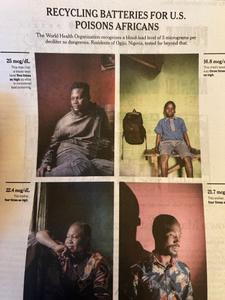

19 days ago
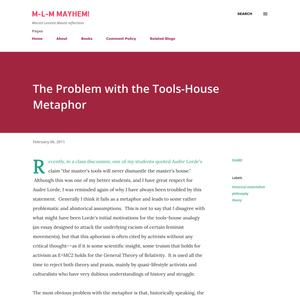
about 1 month ago
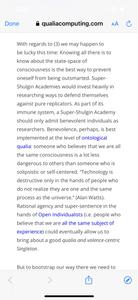
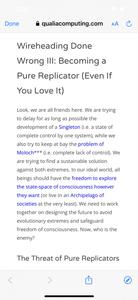
about 1 month ago

What would a legal and ethical framework look like for a world where we actually agreed to advance truly progressive social and ecological policy and hold power accountable?
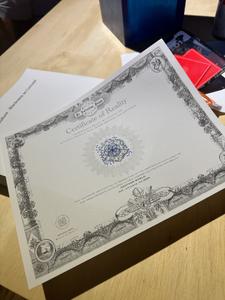
Is it possible to create a world free from hunger, poverty, homelessness, warfare, unwanted disease and coercive labor?
The egalitarian nature of their societies (rare in most societies), structured around the limited village environment gave them the possibilities to develop a political system based on collective consciousness, which they worked through their initiation rites. In a sense, the Jolas' political achievement in the village was socialism.
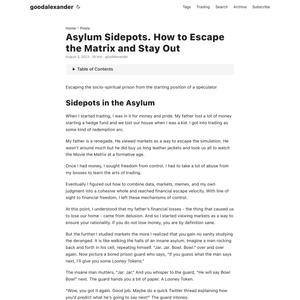
The “Long Hope”: An Unaffordable Luxury If the messaging of garden variety hope has an array of problems, Collier’s long hope — namely, that Western and Westernized populations will solve the problem of ecological destruction by reforming their worldview along an Indigenous model — introduces a different set of problems. To begin with, a near-infinite amount of time is needed to fulfill this vision, while the current planetary emergencies call for immediate action — not to say time travel to an earlier point in ecological history. This isn’t stopping a growing number of writers from extolling long-hope solutions. For instance, Sponsel wrote in his book “Spiritual Ecology”: “The time is long overdue for the world to listen to the wisdom of Indigenous people and to do many things quite differently from the pathology of the dehumanizing and desacralizing obsessions of Western capitalist materialism, consumerism and greed that even endangers the home planet as a whole.” Likewise,...
“All shall be well, and all shall be well, and all manner of thing shall be well.” — Julian of Norwich “For whom is it well? For whom is it well? There is no one for whom it is well.” — Igbo funeral song in Chinua Achebe’s “Things Fall Apart” In the mid-1940s, American bureaucrat John Collier surveyed the moral and ecological wreckage of the Western world and pronounced upon it bleakly. “Our race,” he wrote in the introduction to his 1947 book, “The Indians of the Americas,” “with all its lost values and values not yet lost, is wavering on the verge of self-destruction.” Coming after two world wars and the Jewish and atomic holocausts, Collier’s was not a unique or probably even unusual appraisal. What was unusual, especially coming from a member of the U.S. civil service, were the causes to which Collier ascribed this racial self-destruction: individualism, industrialism and capitalism — “the law of the free market … considered to be the law of human life … [even] if it wrought...
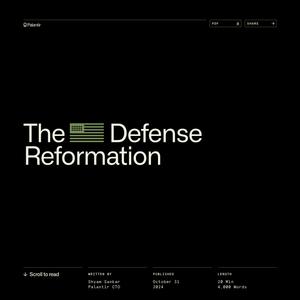
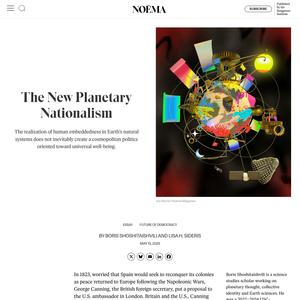
6 months ago

Shortly before moving to Vietnam, I asked one of my uncles who had fought for the South Vietnamese Army (the Army of the Republic of Vietnam): ‘The South Vietnamese were fighting against communism, but what were they fighting for?’ He replied: ‘Freedom and democracy.’ But in Nha Trang, as I read Hồ Chí Minh’s writings, I saw that ‘freedom and democracy’ (tự do and độc lập) were also the exact words that Hồ and his followers used to describe what they were fighting for. How could two sides use the same words to describe their goals and at the same time consider each other enemies? These questions led me to an interest in political theory, in how people in conflict could offer different meanings to concepts like ‘freedom’ and ‘democracy’, as well as different answers to questions such as: what is a good life? Should society be thought of as a contract or a family? What values should we prioritise? Who should rule? These questions seemed universal: questions that anyone, anywhere,...
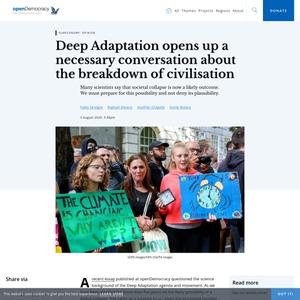
28 days ago